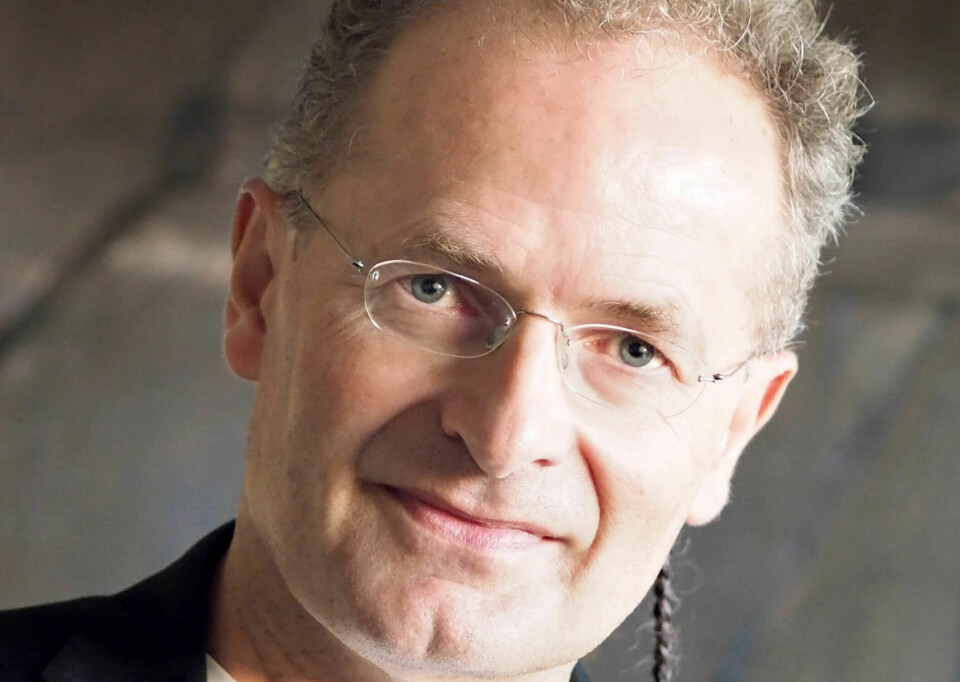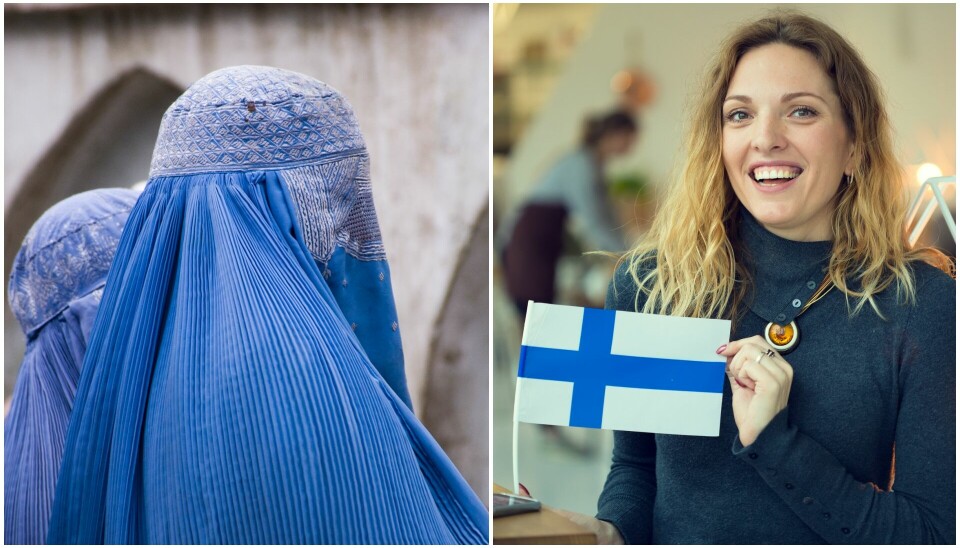
What makes us happy? A new global study provides answers
Why are people in the world happy or unhappy? An international study led by researchers in Oslo can give us a more definitive answer.
“A lot of psychological research focuses on people's mental health difficulties and pain. In this study, we looked instead at what makes people’s lives good,” Espen Røysamb says.
Røysamb is a professor in the Department of Psychology at the University of Oslo (UiO). He has collaborated with colleagues at UiO, the Norwegian Institute of Public Health, as well as Terrie Moffitt and Avshalom Caspi from the USA. They also received assistance from colleagues in other countries.
This collaboration enabled them to compile the results from a number of studies on people’s well-being and quality of life from all over the world.

Everyone around the globe
The study is not the first to examine what the researchers call people's subjective well-being.
“Several prior studies have been good, but they’ve only included a limited number of people, in one country at a time,” Røysamb tells sciencenorway.no. “We wanted to be able to find an answer that encompasses the Earth's entire population of eight billion people.”
The three factors
The researchers examined three factors that affect the quality of life of all people:
- Genetics: The genes you have inherited can explain part of your quality of life. For all humans taken together, this accounts for 31-32 per cent of quality of life, according to the researchers.
- Unique environment: Another factor concerns the life stories and the unique environment that every single person on Earth inhabits. This can explain up to 50 per cent of our quality of life.
- Shared environments: The third factor is the common environment in which all the citizens of each individual country live. This can explain about 20 per cent of the quality of life for all humans.
Report on the world's happiness
The World Happiness Report is published annually.
In this report, an international research group ranks which countries have the highest national quality of life.
The ranking is based on a survey in which 1,000 people in each of the 157 participating countries are asked to rate their lives on a scale from 1 to 10.
“Based on figures like this and studies on twin pairs in several countries, we’ve calculated what contributes to the global population's happiness,” Røysamb says.
The country you live in accounts for 20 per cent
Finland and Afghanistan thus find themselves at the extremes of the ranking scale.
What makes these two countries so different from each other?
The differentiating factors include a nation’s level of prosperity, trust between citizens and the level of corruption – and whether the country is embroiled in war or civil war.
These factors create a shared environment that all the inhabitants of a country are in together.
Røysamb and his colleagues believe that they have made an interesting discovery in determining that around 20 per cent of people's happiness can be linked to the country in which each of us lives.
“This factor involves everything that is the same for people in a single country,” he says.
He thinks that 20 per cent is a relatively high percentage in this context.
“But out of 100 per cent, 20 per cent is clearly not everything,” he says.

Greatest and least national happiness
Some people live in countries at war, like Ukraine or Sudan. Other people live a life of luxury. Yet, others live a fairly normal life, such as in Norway.
Humans are also wired differently through the genes we have inherited.
Added to this, we have different life stories and experiences. Our families, our friends, and our workplaces all make our lives distinct.
Most viewed
These factors in turn differentiate our lives – and our happiness – from the next person’s.
Happiness isn’t just about money
The Norwegian government has now started developing a national quality of life strategy (link in Norwegian).
The goal is for quality of life to become a measure of the country’s social development.
GDP and economic growth should no longer be the sole measures of national well-being.
“In these times, with so much focus on mental health difficulties, climate challenges and war, it’s extremely important that we also think about people's quality of life,” Røysamb says.
It's worth noting that quality of life can have a local and sustainable dimension, the psychologist emphasises.
The things that give us happiness in life
In everyday life, it’s easy to think of ‘quality of life’ only as the absence of problems.
“But life is about more than just avoiding mental or physical illness,” Røysamb says. “It’s also about finding meaning in everyday life. Experiencing a few glimpses of positive emotions and joy every day puts you well on your way to a better life."
And if you also have sufficient social and financial resources to feel that you can cope with everyday life, then it’s even more likely that you’ll enjoy a life brimming with quality.
One last thing that Røysamb regards as important for many people's happiness in life is the experience of working towards something and having a sense of purpose.

The happy Nordic region
The Nordic countries’ high scores on happiness tell us something about how they have managed to create relatively good societies.
“We can see how factors like poverty, war, and corruption rob people of their quality of life in other countries. Many people don’t face this situation in the Nordic countries,” Røysamb says.
Experiencing conflict in close relationships is also a thief of happiness. You will have a better life if you can avoid this.
To wrap things up, the psychologist points to something pleasant.
For the most part, humans seem to go through life with a natural inherent ability to feel good.
“It’s simply human to be quite happy,” Røysamb says.
———
Translated by Ingrid P. Nuse.
Read the Norwegian version of this article on forskning.no
Reference:
Røysamb et al. Worldwide Well-Being: Simulated Twins Reveal Genetic and (Hidden) Environmental Influences, Perspectives on Psychological Science, 2023. DOI: 10.1177/17456916231178716





































